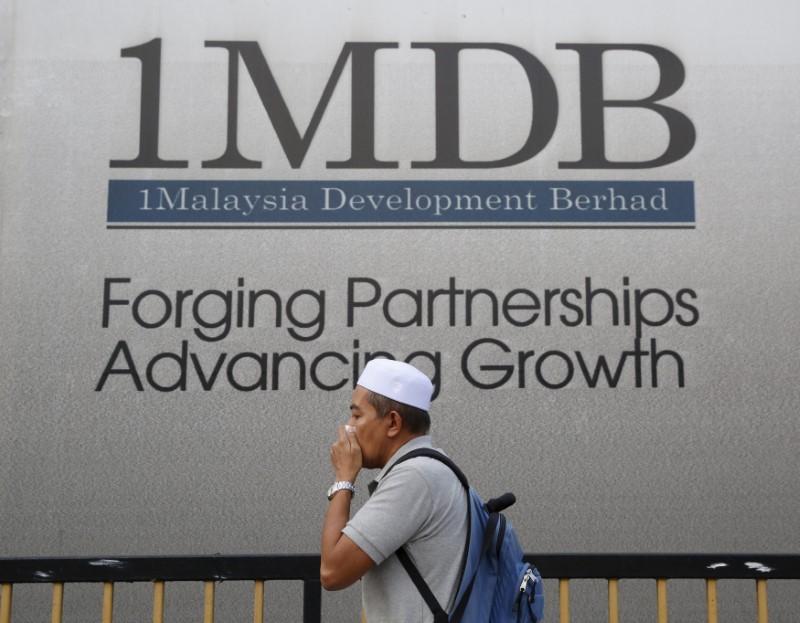KUALA LUMPUR—Malaysia is investigating whether part of a loan from a Chinese state-owned bank for projects worth $2.3 billion was used to repay dues of a scandal-ridden state investment fund, a finance ministry official told Reuters.
The projects to build two pipelines were signed in 2016 by the administration of former Malaysian premier Najib Razak, who courted Chinese investment but was ousted in a May election amid allegations of corruption at the fund, called 1Malaysia Development Berhad.





